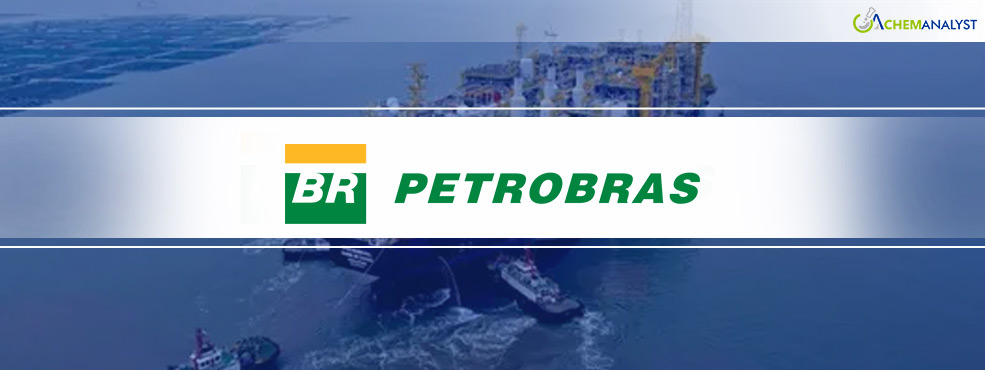Welcome To ChemAnalyst

Petrobras, Brazil's state-owned oil company, has initiated a significant procurement process to bolster its deepwater exploration efforts in the Sergipe-Alagoas Basin. The company plans to construct up to two Floating Production, Storage, and Offloading (FPSO) units for its Sergipe Deep Waters (SEAP) project.
To expedite the project, Petrobras has opted for a Build-Operate-Transfer (BOT) model. In this arrangement, the contractor will be responsible for the design, construction, assembly, and initial operation of the FPSO units. After a specified period, the units will be transferred to Petrobras.
The first unit, earmarked for SEAP 2, is slated to commence operations in 2030. It will have the capacity to process 120,000 barrels of oil per day and 12 million cubic meters of gas per day. Notably, the gas will be directly exported, eliminating the need for onshore processing.
Driving Economic Growth and Energy Security
By adopting the BOT model, Petrobras aims to accelerate project timelines and secure financing solutions. This approach is expected to contribute to Brazil's economic growth and energy security. The company emphasizes its commitment to developing the SEAP project economically, considering its strategic importance in increasing domestic gas supply and opening up new production frontiers in the Northeast region.
The Sergipe Deep Waters Project
The SEAP 1 project encompasses the Agulhinha, Agulhinha Oeste, Cavala, and Palombeta fields within the BM-SEAL-10 and BM-SEAL-11 concessions.
Similarly, the SEAP 2 project includes the Budião, Budião Noroeste, and Budião Sudeste fields within the BM-SEAL-4, BM-SEAL-4A, and BM-SEAL-10 concessions.
As Petrobras advances its deepwater ambitions, the SEAP project holds the potential to unlock substantial hydrocarbon reserves and solidify Brazil's position as a global energy player.
Petrobras, a prominent Brazilian multinational energy company, is a key player in the global oil and gas industry. Renowned for its extensive operations, particularly in the pre-salt layer, Petrobras has been instrumental in bolstering Brazil's energy security and economic growth. However, the company is now undergoing a significant transformation, prioritizing sustainability and a low-carbon future.
To address the pressing issue of climate change, Petrobras has initiated various strategic initiatives. These include investing in renewable energy sources like wind and solar power, adopting advanced carbon capture, utilization, and storage (CCUS) technologies, and promoting the use of biofuels. The company's focus on the pre-salt layer, which produces cleaner oil, is another step towards reducing its carbon footprint. By prioritizing ESG factors, Petrobras aims to strike a balance between economic growth and environmental stewardship.
We use cookies to deliver the best possible experience on our website. To learn more, visit our Privacy Policy. By continuing to use this site or by closing this box, you consent to our use of cookies. More info.
